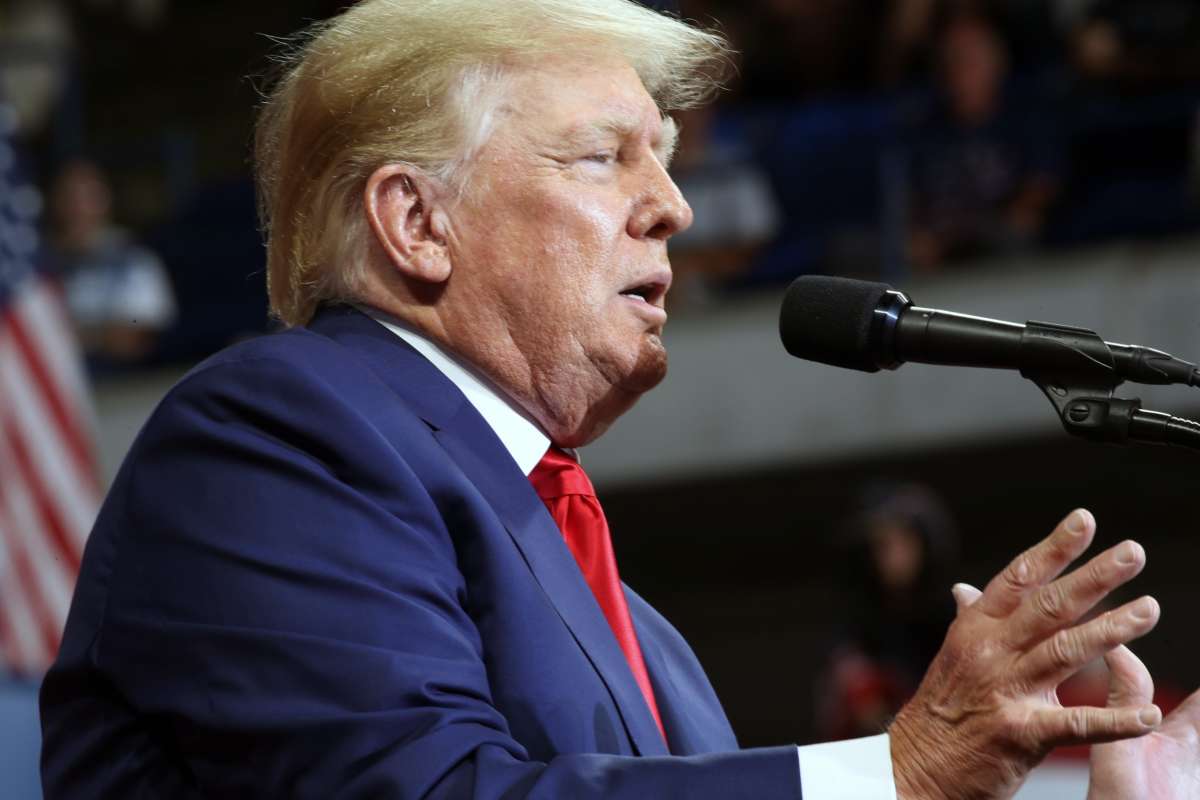Support justice-driven, accurate and transparent news — make a quick donation to Truthout today!
The Department of Justice (DOJ) and lawyers for former President Donald Trump have submitted competing proposals for who should serve as special master in the examination of classified documents that were retrieved from Trump’s Mar-a-Lago estate in August.
In a joint legal filing published on Friday, a federal court judge that originally ruled in favor of a special master noted that the DOJ and Trump’s lawyers also had differing opinions on who should pay for the special master’s work. Trump’s legal team argued that the bill should be split evenly between the two parties, while the DOJ said Trump should have to pay for the expenses by himself, since he is the one requesting that a special master be appointed.
If both sides end up paying an equal amount for the costs associated with a special master’s work, taxpayers would foot half the bill for a process that Trump demanded and that a judge appointed by him agreed to.
The filing listed the names of the pitches from both sides regarding who should become the special master.
The DOJ nominated Barbara Jones, a former federal judge for the Southern District of New York who was appointed by former President Bill Clinton, and Thomas Griffith, an appointee of former President George W. Bush who has ruled favorably on other Trump cases but who also co-authored a report debunking the former president’s many lies about election fraud in the 2020 presidential race.
Trump’s lawyers, meanwhile, nominated Raymond Dearie, a former federal judge on the Eastern Court of New York who was appointed by former President Ronald Reagan. Their second nominee was Paul Huck Jr., a former deputy attorney general in Florida who also served as general counsel to former Gov. Charlie Crist, a Republican at the time.
Huck, who is a member of the right-wing Federalist Society, formerly worked for a legal firm that represented Trump during his 2016 presidential campaign. His wife, Barbara Lagoa, is a Trump-appointed federal judge currently serving on the 11th U.S. Circuit Court of appeals. If there is an appeal regarding Huck’s actions during the special master process, it would go through the 11th Circuit, and Lagoa would likely have to recuse herself from being involved in the judgment.
According to reporting from Daily Kos, it’s also likely that Huck doesn’t have the security credentials necessary to be a special master in the case, which involves the examination of highly classified material that Trump improperly stored at his Mar-a-Lago resort.
The DOJ submitted ideas for the special master while also appealing a ruling issued by Judge Aileen Cannon last Monday, which said a special master was needed to review the documents.
Several scholars have condemned Cannon’s ruling, noting that it granted huge leeway to Trump regarding his claims to executive privilege, which, according to precedent, only applies to the acting president, not former ones. In an appeal filed on Thursday, the DOJ stated that Trump “does not and could not assert that he owns or has any possessory interest in classified records” that he improperly took from the White House to his residence in Palm Beach, Florida.
Media that fights fascism
Truthout is funded almost entirely by readers — that’s why we can speak truth to power and cut against the mainstream narrative. But independent journalists at Truthout face mounting political repression under Trump.
We rely on your support to survive McCarthyist censorship. Please make a tax-deductible one-time or monthly donation.
